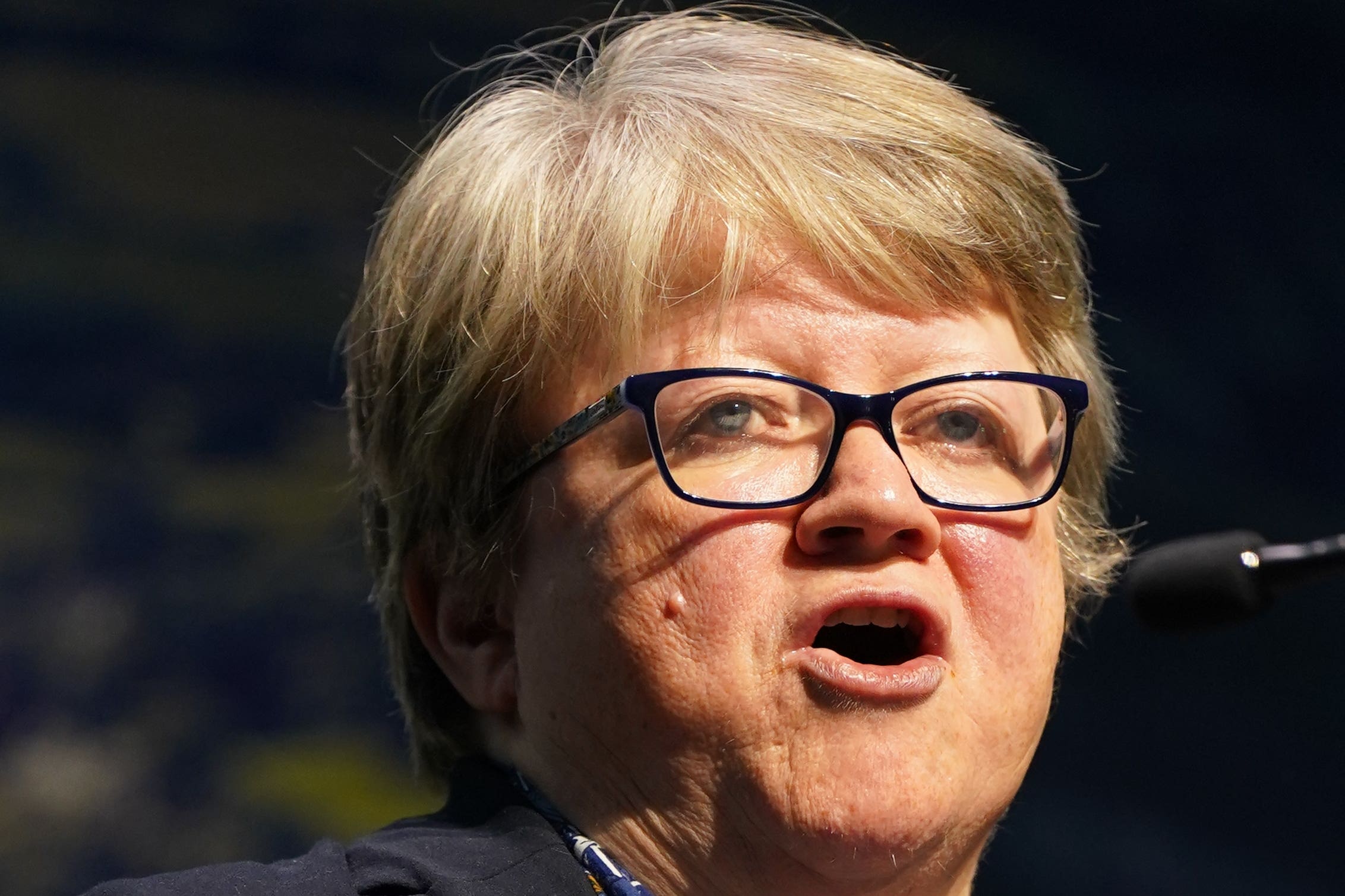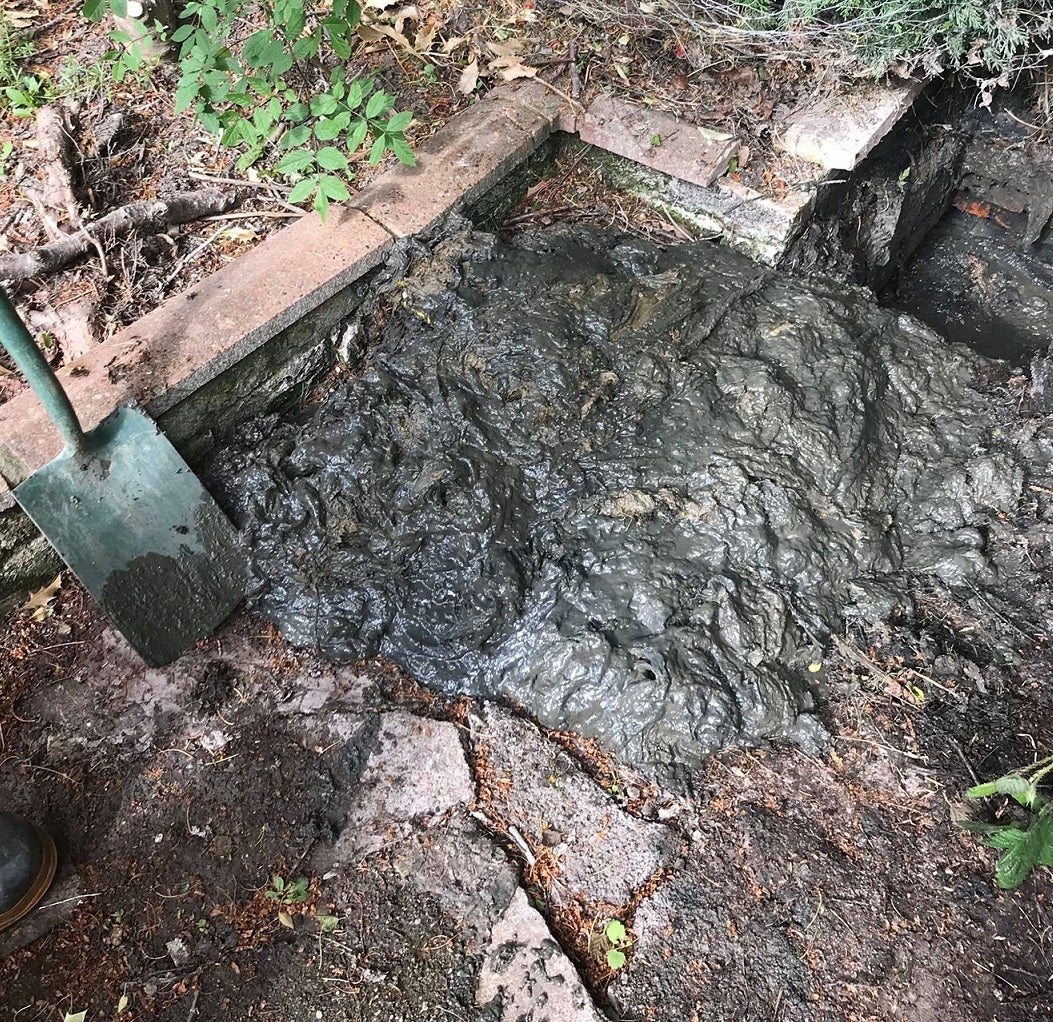What will a wet wipes ban in the UK change?
The ban would be part of a wider initiative aiming to improve water quality around the UK called Plan for Water
Your support helps us to tell the story
From reproductive rights to climate change to Big Tech, The Independent is on the ground when the story is developing. Whether it's investigating the financials of Elon Musk's pro-Trump PAC or producing our latest documentary, 'The A Word', which shines a light on the American women fighting for reproductive rights, we know how important it is to parse out the facts from the messaging.
At such a critical moment in US history, we need reporters on the ground. Your donation allows us to keep sending journalists to speak to both sides of the story.
The Independent is trusted by Americans across the entire political spectrum. And unlike many other quality news outlets, we choose not to lock Americans out of our reporting and analysis with paywalls. We believe quality journalism should be available to everyone, paid for by those who can afford it.
Your support makes all the difference.The government is considering a ban on plastic wet wipes as part of a plan to tackle water pollution.
Conservative environment minister Therese Coffey said a ban could come in as early as next year after consultation.
Wet wipes flushed down toilets cause 93 per cent of sewer blockages and cost around £100m a year to sort out, Water UK, the body representing the water industry has said.
About 90 per cent of these wipes contain plastics - but there are alternatives to using these which is why the government is calling for a ban.
Yet opposition and environmental groups have criticised the move, saying it’s weak and doesn’t go far enough. So what does the wet wipes ban actually involve and how have people reacted to it?
What is being proposed?
The government is planning to ban the sale of plastic wet wipes from as early as next year.
This is part of a wider government initiative called Plan for Water, which involves the Department for Environment, Food and Rural Affairs (Defra) working to improve England’s water quality.
Under a ban, the government wants to see more investment from water companies, stronger regulation and tougher enforcement for those who pollute.
It also includes a consultation on a ban of plastic in wet wipes and restrictions on per- and polyfluoroalkyl substances (PFAS) in firefighting foam, textiles, cleaning products, paints and varnishes.
And Ms Coffey said on Saturday that water companies could face unlimited penalties for dumping sewage.

What would happen if it goes ahead?
The sale of the vast majority of wet wipes - any that contain plastic - would be banned in the UK.
A number of companies, including pharmacy chain Boots and supermarket giant Tesco have already stopped stocking and selling these wet wipes - and so other shops would follow this trend.
Any fully biodegradable wet wipe options could still be sold but the vast majority of these products contain plastics which don’t break down, meaning they block up pipes over time.
The government said it will work with the industry to create environmentally friendly alternatives to wet wipes.
What has the government said?
The Department for Environment, Food and Rural Affairs said it has asked water companies to speed up investment in infrastructure to prevent sewage discharges, reduce nutrient pollution and improve the water supply’s resilience to drought.
Regulator Ofwat is considering approving 31 schemes worth £1.6 billion and is accepting comments from the public until April 24.
Ms Coffey said: “Our rare chalk streams and world-famous coastlines, lakes and rivers are hugely important to local communities and to nature.

“I completely understand the concerns that people have about the health and resilience of our waters, which is why I am setting out this plan for a truly national effort to protect and improve them.
“That includes higher penalties taken from water company profits which will be channelled back into the rivers, lakes and streams where it is needed.
“This is not straightforward, but I take this issue extremely seriously and things need to change. That’s why we have developed this plan and we are committed to delivering the progress that people want to see.”
Ms Coffey is set to lay out her department’s plans in a speech on Tuesday at the London Wetland Centre.
What do campaigners say?
Campaigners have shown mixed support, with many saying the government’s plan doesn’t go far enough to tackle water quality and supply problems.
River Action UK, an environment charity, told the BBC the government must have been “asleep at the wheel” for years, allowing rivers to “fill up with untreated human effluent and toxic agricultural pollution”.
CEO Charles Watson said: “How can Defra credibly announce ‘stronger regulation and tougher enforcement’ when there is not one single commitment today by government to put its money where its mouth is and properly re-fund statutory environmental protection agencies?”
Green Party co-leader Adrian Ramsay said: “After years of burying their heads, ministers have finally surfaced to tackle the scourge of sewage and pollution in our waterways and along our coasts.
“It’s clear the Conservatives can also smell a local election in the air and are only acting in response to public pressure.
“The actions are too little too late, and still leave the water industry in private hands able to profit from failure.
“The Green Party wants to see system change, with our water supply brought back into public ownership at the earliest practicable opportunity.”
Labour’s shadow environment secretary Jim McMahon said: “This announcement is nothing more than a shuffling of the deck chairs and a reheating of old, failed measures that simply give the green light for sewage dumping to continue for decades to come.
“This is the third sham of a Tory water plan since the summer. There’s nothing in it that tells us how, if or when they will end the Tory sewage scandal.”
Responding to plans to speed up water infrastructure investment, Ali Morse, water policy manager for The Wildlife Trusts, said: “This investment is imperative, and we urge Government to ensure that projects begin as soon as possible.
“Water companies develop long-term plans for water supply and wastewater, which include environmental improvements, but these are set to happen over decades; our waters and wildlife cannot wait.
“We need to take every opportunity to bring forward this essential investment if we are to stand any chance of halting nature’s decline by 2030, as the law requires and as society demands.”







Join our commenting forum
Join thought-provoking conversations, follow other Independent readers and see their replies
Comments